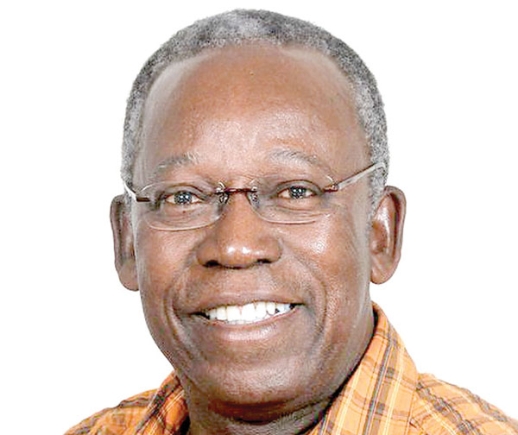
Make Ghanaian heritage, culture bedrock of education to engender development - Kojo Yankah
A statesman and scholar, Kojo Acquah Yankah has urged the government to reform the educational system in a manner that makes the upcoming generation proud of their Ghanaian and African heritage.
That, he said, was because it was only through the realisation of our self-identity as Ghanaians that we could begin to understand and solve the unique mirage of economic problems that was facing us as a nation.
“I believe it is appropriate for me to state that with time we have totally lost our way as African people with our kind of education, making us incapable of solving our own problems, especially our economic problems,” Mr Yankah, who is the Founder of the African University College of Communications (AUCC), said.
He was presenting a paper on Thursday [Oct 26, 2023) at the 8th R.T. Orleans-Pobee Memorial Lectures on the theme; “Is Today’s Education Relevant ?; A new look at Adisadel.”
The lecture series was organised by the Adisadel Old Boys Association in honour of Robert Thompson Orleans-Pobee, a former Headmaster of Adisadel College.
His tenure as headmaster was from 1963 to 1974.
Observation
Kojo Yankah, who is a former Editor of the Daily Graphic, lamented how our current educational system had made young people forget who they were as Africans because it was still designed to mould them into Westerners, just like during the colonial era.
His observation, he said, after 66 years of political independence was that Ghana had not conducted formal education well enough to liberate ourselves economically to avoid the majority of our own people drowning in poverty.
That, Mr Yankah, who is also a Cultural Activist, noted had resulted in large numbers of the country’s professionals trained at the expense of the taxpayer and our unemployed youth were desperately competing to leave their homeland to give their services to other countries.
“I wish to observe here, sadly, that our education has not given us the confidence that we were created in the image of God.
Our education has taught us that there are only a few selected Men of God and the rest are not,” the Adisadel Old Boy (Class of 1964) said.
“We are not as creative as we should be partly because we have come out as Sinners from infancy, and later as chickens, not inspiring the generation after us. This is wrong education,” Kojo Yankah decried.
The Indian example
Mr Yankah, who is a former Member of Parliament and a former Minister of State, said that even though Indians were also colonised, their creativity, culture, and sense of patriotism had saved them millions of dollars from importing foreign dresses and expensive outfits.
“Why is our education in Ghana, and Africa, not enhancing economic development?
The answer is simply because all our educational reforms have not touched the roots of the problem,” he stated.
Kojo Yankah also stressed that while colonial education made Ghanaians consider our traditional religion as evil, the Indians took their traditional religion and culture with them wherever they went.
“When Ghana gained independence, the Nkrumah government quickly put in place a 10-vear Development plan. The accelerated Educational Plan placed a senior high school in each district under a free and compulsory educational program,” he said.
“Research institutions in all areas of national growth were set up. With Nkrumah's overthrow went all the great intentions of our educational reform, and we have not recovered,” Mr Yankah added.
Mr Kojo Yankah, therefore, called for the study of african heritage and history to be compulsory at all levels of education to steer children away from the “European way of doing things” and not feel proud as Africans.
He further advocated that proverbs and old sayings which abound in all Ghanaian languages and our culture should be taught in primary schools through to the senior high level to foster problem-solving born out of
patriotism and indigenous knowledge
“Again, our country was founded on the sands of Pan-Africanism; why can't we teach this in all schools, and save ourselves from seeing other Africans as rivals or strangers?” Mr Yankah, who is also an accomplished author, queried.
